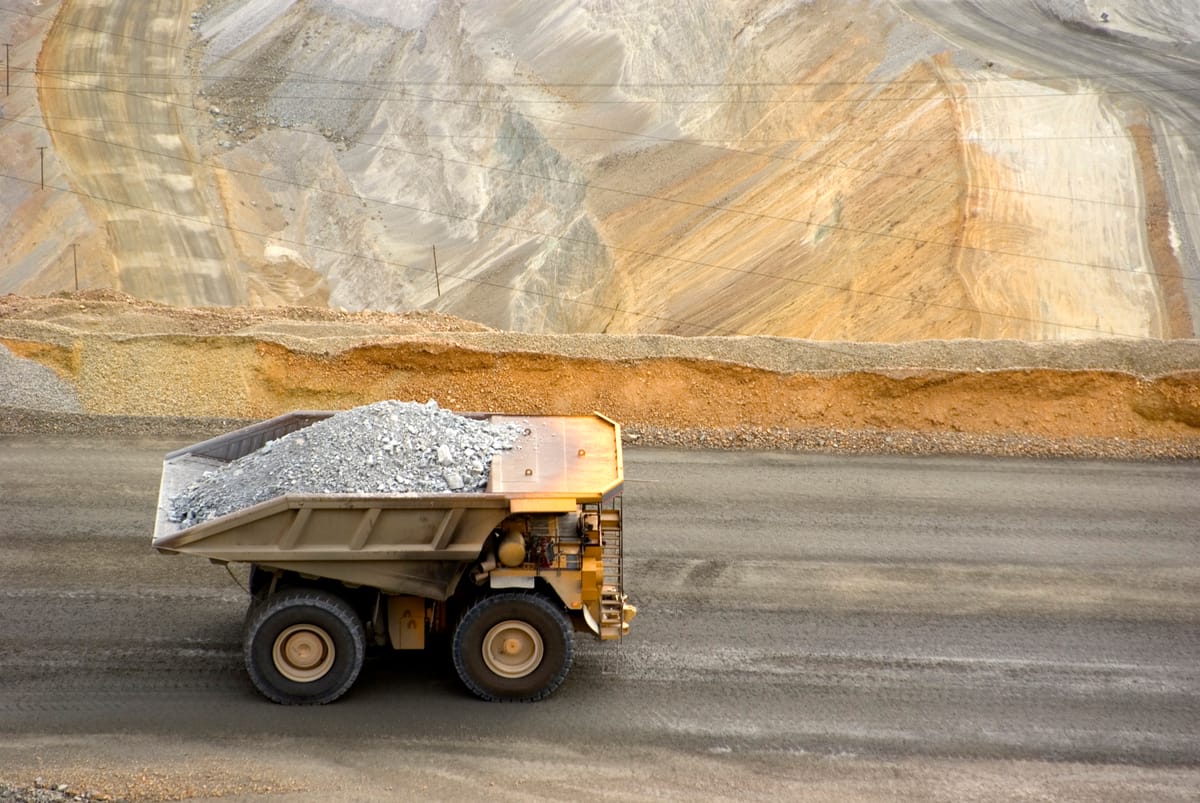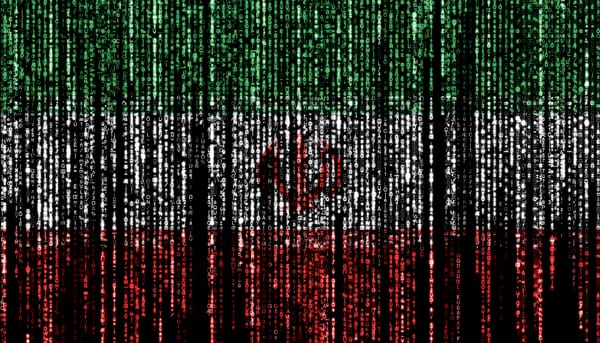Critical Minerals Extraction & Processing
Critical minerals—such as lithium, cobalt, nickel, rare earth elements, and copper—are indispensable to modern technologies, including electric vehicles, renewable energy systems, semiconductors, and defense applications.

Critical minerals—such as lithium, cobalt, nickel, rare earth elements, and copper—are indispensable to modern technologies, including electric vehicles, renewable energy systems, semiconductors, and defense applications. The extraction and processing of these minerals involve mining raw materials and refining them into usable forms for manufacturing. While mining operations are globally distributed, processing capabilities are highly concentrated, leading to significant geopolitical and economic implications.
Strategic Importance
The global transition to clean energy and digital technologies has exponentially increased the demand for critical minerals. These materials are vital for producing batteries, wind turbines, solar panels, and advanced electronics. However, the supply chains for these minerals are vulnerable due to their geographic concentration and the complexity of refining processes. Disruptions—whether from trade tensions, natural disasters, or political instability—can lead to significant economic and security challenges. For example, one country currently controls the vast majority of rare earth processing and significant shares of lithium and cobalt refining, underscoring the risks of overreliance on a single supplier.
Top 5 Nations Leading in Critical Minerals Capability
- China
China dominates the global landscape in both mining and processing of critical minerals. It leads the world in rare earth element production and controls a significant portion of global refining capacity for lithium, cobalt, and graphite. - Democratic Republic of the Congo (DRC)
The DRC is the world’s leading producer of cobalt and also has substantial copper and coltan reserves. However, much of its raw output is exported for processing elsewhere, primarily in Asia. - Australia
Australia is the largest producer of lithium from hard-rock mines and has vast reserves of other critical minerals like nickel and rare earths. Although traditionally reliant on exporting unprocessed ores, Australia is increasingly investing in downstream processing. - Indonesia
With abundant nickel and growing cobalt resources, Indonesia is positioning itself as a major supplier for electric vehicle batteries. Recent policies have promoted domestic refining to move up the value chain. - Canada
Canada boasts large reserves of nickel, cobalt, and rare earth elements. It is investing heavily in domestic extraction and refining, emphasizing sustainability, environmental responsibility, and secure supply chain partnerships with allies.
Future Outlook
The demand for critical minerals is projected to surge over the next two decades, driven by decarbonization efforts and digital transformation. However, global supply chains remain vulnerable due to concentrated processing capacity and limited diversification. In response, several countries are pursuing strategies to develop domestic capabilities, secure international partnerships, and improve resilience.
There is also growing emphasis on responsible sourcing and sustainability. The environmental footprint of mining and refining is under scrutiny, prompting the development of cleaner processing technologies and circular economy initiatives, such as recycling critical minerals from used electronics and batteries.




